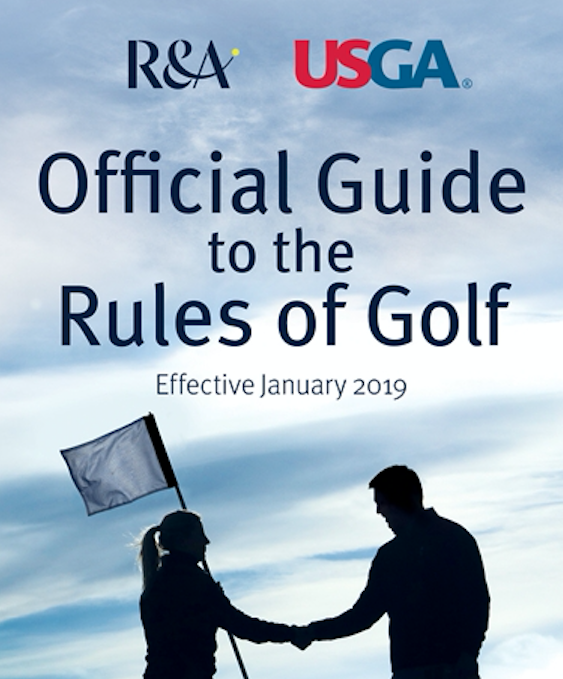This section lists authorized Model Local Rules that may be used by a Committee:
- These can either be adopted in their entirety or can serve as an example of how to write a particular type of Local Rule.
- Local Rules are authorized only if they are consistent with the policies established in this section.
- A Committee is encouraged to use the recommended text if it fits the local situation to minimize the number of times a player will find different versions of the same Local Rule at different courses or in different competitions.
- The Committee should ensure that the Local Rules are made available to the players whether on the scorecard, through a Notice to Players or in some other way.
- Where a shorthand version of the full text of the Model Local Rule is provided, for example on the back of the scorecard, the Committee should ensure that the full text is available, for example on a noticeboard or on a website.
- Unless otherwise stated the penalty for a breach of a Local Rule should be the general penalty.
Principles for establishing Local Rules:
- Local Rules have the same status as a Rule of Golf for that competition or course.
- Committees are encouraged to use Local Rules only to deal with the types of situations and policies covered in this section and in Section 5.
- If a Local Rule is introduced because of a temporary situation, it should be removed as soon as the situation no longer requires the use of the Local Rule.
- If a Committee changes the wording of a Model Local Rule to fit the particular needs of the course or competition, it needs to ensure that the changes are within the parameters allowed by the Model Local Rule and consistent with the stated purpose.
- In order to ensure that play is conducted in accordance with the Rules of Golf, a Committee must not use a Local Rule to waive or modify the Rules of Golf simply because it might prefer a Rule to be different.
- As a general principle, when a player is playing a round that is to be posted for handicapping purposes, he or she is required to play it under the Rules of Golf. If the Committee authorizes players to play in ways that differ significantly from the Rules of Golf, the player may not be permitted to post the score for handicap purposes. For allowable exceptions, consult the rules or recommendations contained within the Handicap System operating in the local jurisdiction.
If the Committee believes that a Local Rule not covered by these principles may be needed because of local abnormal conditions that interfere with fair play, it should:
- Consult RandA.org to check if any additional Model Local Rule is available to cover such a condition, or
- Consult The R&A directly.
The Model Local Rules in each category are numbered in order – for example, A-1, A-2, etc.
A statement of purpose is given with each Model Local Rule. If a Committee changes the wording of a Model Local Rule to fit the particular needs of the course or competition, it should make sure that such changes are consistent with the stated purpose.
These Model Local Rules are organized in the following categories:
A. Out of Bounds and Course Boundaries
E. Special or Required Relief Procedures
F. Abnormal Course Conditions and Integral Objects
G. Restrictions on Use of Specific Equipment
H. Defining Who May Help or Give Advice to Players
I. Defining When and Where Players May Practise
J. Procedures for Bad Weather and Suspensions of Play
These Model Local Rules cover those situations or issues that arise often enough to justify having a model form. For all other situations where a Local Rule is allowed but model language is not provided, the Committee should write the Local Rule in clear and simple terms. But the Committee is not authorized to write Local Rules which go against the principles in the Rules of Golf. Section 8L gives more information regarding the use of unauthorized Local Rules.
Where a Local Rule is written using the language of the Model Local Rules in this section, the Committee may seek assistance in interpreting the Local Rule from The R&A.


